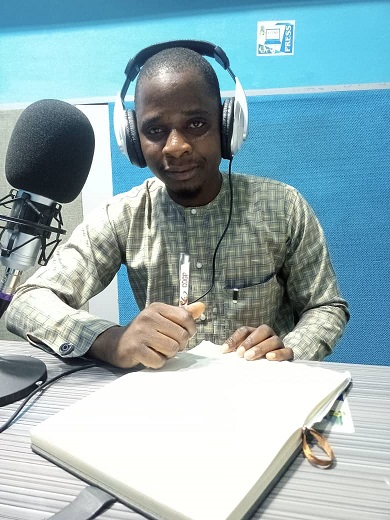Governor Radda appoints 32-year-old Naufal Ahmed as DG ICT Directorate
By Isah Miqdad The Executive Governor of Katsina State, Malam Dikko Umaru Radda, PhD, has approved the appointment of Naufal Ahmed as Director General (ICT Directorate). The appointment, which is…

